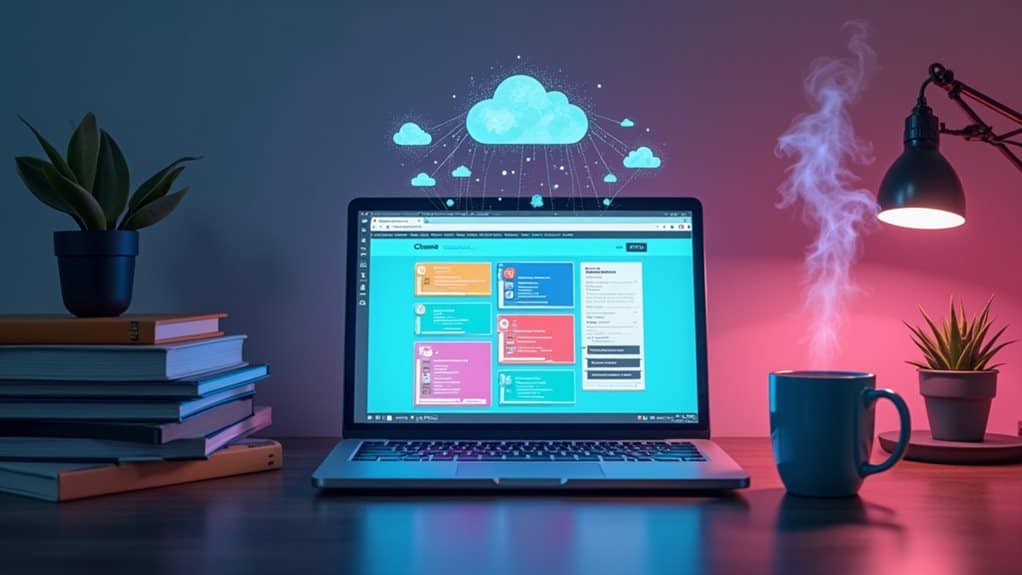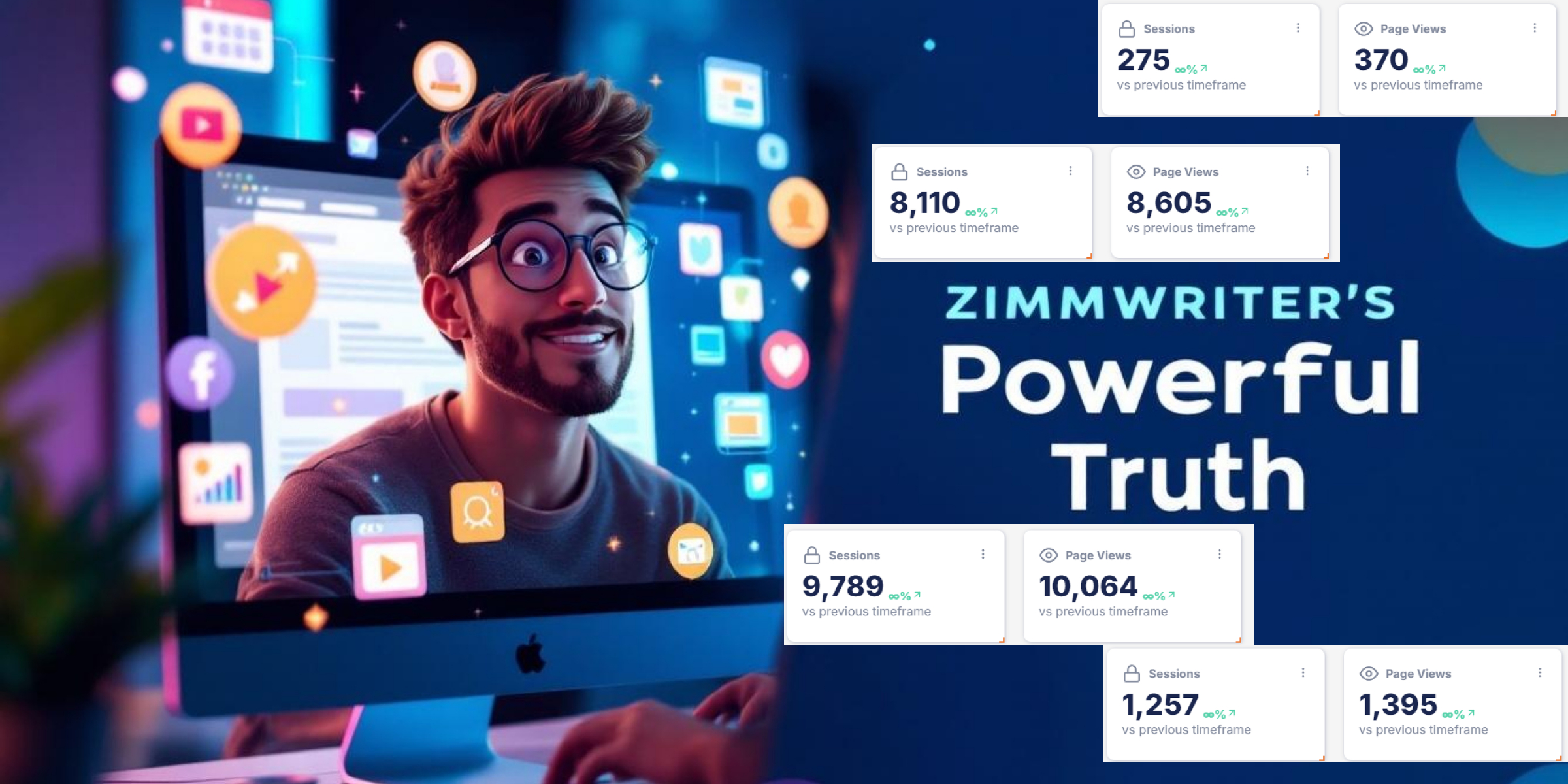Anthropic’s new Artifacts feature transforms you into an app creator without coding knowledge. With Claude AI, you can build interactive tools through natural conversation, manage them in a central dashboard, and share them via simple links. Unlike traditional no-code platforms, these apps respond dynamically to user input and generate new content based on interactions. Powered by advanced models like Opus 4 and Sonnet 4, this technology democratizes software development across industries. The potential market impact extends beyond technical experts to entrepreneurs and companies seeking competitive advantages.

While software development has traditionally required extensive coding knowledge, Anthropic is changing this terrain with its latest Claude AI update. The company has introduced features that allow you to create functional applications through simple conversation, eliminating the need for programming expertise.
Claude AI’s new “Artifacts” feature transforms how you can build and share interactive tools. You’ll find a centralized dashboard where all your creations live, making management and distribution straightforward. These apps aren’t static; they respond dynamically to user input in real time.
Interactive apps created and managed in one place, responding instantly to what users do.
You can now develop apps that generate new content based on what users enter. This represents a major leap from traditional no-code platforms, as your creations can think and adapt rather than simply following preset rules.
The process works through natural conversation with Claude. You describe what you want, and Claude builds it while you provide feedback and request adjustments. This “vibe coding” approach allows for real-time content creation as you interact with Claude. These interactions significantly enhance developer productivity as Claude offers powerful coding assistance without requiring users to leave their development environment. This approach saves you considerable time compared to traditional coding or even existing no-code solutions.
Sharing your creations is equally simple. You can distribute your apps via links, allowing others to use what you’ve built without additional costs to you. Usage charges apply to the end user rather than the creator.
Claude’s improved models, including Opus 4 and Sonnet 4, power these capabilities with enhanced precision for complex tasks. Your apps can also connect with Anthropic’s API for expanded functionality.
This democratization of software development opens doors for innovation across industries. Companies gain a competitive advantage through rapid app development, while entrepreneurs discover new economic opportunities without investing years in learning to code.
The impact extends beyond individual users. Market growth is expected as more people create and distribute apps without coding knowledge. Communities can form around shared creations, spurring collaborative innovation.
Anthropic’s approach fundamentally reshapes who can participate in software creation. You no longer need technical expertise to build functional, responsive applications—just a clear idea and the ability to explain it to Claude.
Frequently Asked Questions
How Does Claude’s No-Code Platform Compare to Existing No-Code Solutions?
Claude’s no-code platform differs from existing solutions by integrating AI capabilities natively rather than as add-ons. You’ll find it directly accessible within Claude.ai across web and mobile platforms.
Unlike competitors focused on UI building, Claude offers full-stack AI integration with a 200,000 token context window.
You can create apps through simple conversation rather than visual programming interfaces, making it more approachable for non-developers while supporting complex workflows, tool use, and API integrations.
What Security Measures Protect Apps Created Through Claude’s Platform?
Claude’s platform protects your apps with several security measures.
You’ll benefit from tiered permissions that require explicit approval for sensitive operations. The system includes context-aware safeguards that analyze requests to detect harmful instructions.
Your apps run in isolated environments to contain potential threats.
Command blocklists prevent risky operations, while input sanitization stops injection attacks. Network requests require your permission before proceeding.
For maximum security, consider running scripts in virtual machines and carefully reviewing all suggested commands.
Will Claude-Created Apps Work Across Different Operating Systems?
Yes, Claude-created apps will work across different operating systems. You’ll be able to use these apps seamlessly on web, iOS, and Android platforms. The underlying architecture supports system-agnostic execution, allowing you to continue conversations across various devices without interruption.
Claude’s cross-platform programming guidance guarantees compatibility with Windows, macOS, and Linux. The apps adapt to system-specific APIs automatically, maintaining consistent functionality regardless of your operating system.
This cross-platform support extends to enterprise deployments through cloud infrastructure.
Can Enterprises Customize the No-Code Interface for Internal Workflows?
Yes, you can customize the no-code interface for your enterprise’s internal workflows. Claude Enterprise offers customizable workflows that adapt to your specific internal processes.
You’ll benefit from:
- Project-based knowledge bases for organizing internal documents
- Native integrations with platforms like GitHub
- Granular access controls to manage employee permissions
- Centralized knowledge sharing across teams
This customization supports large, complex data structures while maintaining security and compliance standards for your organization’s sensitive information.
What Are the Pricing Tiers for Claude’s App Creation Capabilities?
Claude offers four pricing tiers for app creation capabilities.
You can start with the Free Tier at no cost, but with limited usage.
The Pro Tier ($17-20/month) provides about 5× more usage capacity for individual power users.
The Team/Business Tier ($25-30/user/month) requires minimum 5 users and offers collaborative features.
For demanding projects, the Max Tier costs $100/month for 5× Pro usage limits or $200/month for 20× higher limits, with priority access to new features.





